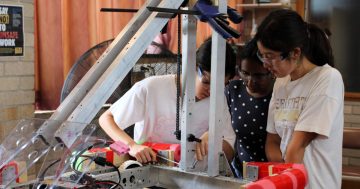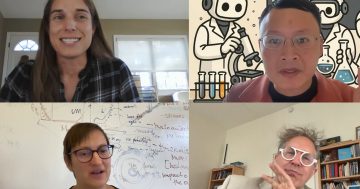Lianna Brinded* says a new report has identified the three core skill groups workers will need to hone as AI and automation reshape the workforce.
 The greater adoption of artificial intelligence (AI) and automation will undoubtedly reshape the workforce and the skills people need to stay employed.
The greater adoption of artificial intelligence (AI) and automation will undoubtedly reshape the workforce and the skills people need to stay employed.
And according to a report released by McKinsey Global Institute late last month, there are three core skill groups workers need to hone as industries evolve.
The McKinsey report, entitled Skill shifts: Automation and the future of the workforce, analysed, categorised and placed workplace skills into five groups:
Physical and manual skills.
Basic cognitive skills.
Higher cognitive skills.
Social and emotional skills.
Technological skills.
McKinsey, combining data generated by its own modelling techniques, surveys of corporate executives and interviews with human resources officers, then projected how many hours would be worked on average annually, by skill, for the economy of the future.
McKinsey forecasts that AI and automation will kill physical-labour jobs and low-skilled roles such as assembly line workers as well as those in basic cognitive skills positions, such as cashiers and data-entry clerks.
But while some jobs may be lost, new ones will be created and they’re across three other skill set groups:
Higher cognitive skills include advanced literacy and writing, quantitative and statistical skills, critical thinking, and complex information processing.
These skills are tapped by doctors, accountants, research analysts, and writers/editors.
Social and emotional skills are still incredibly important in the evolving world of work says McKinsey.
These include advanced communication and negotiation skills, empathy, continuous learning, the ability to manage others, and adaptability.
Jobs such as business development, programming, emergency response, and counselling all draw on these kind of skills.
Technological skills — everything from basic to advanced IT skills, data analysis, engineering, and research — will translate to finding yourself in the future’s most lucrative jobs.
Think statistician, software developer, engineer, robotics expert, and scientific researcher.
* Lianna Brinded is Europe News Editor for Quartz. She tweets at @LiannaBrinded.
This article first appeared at qz.com.











